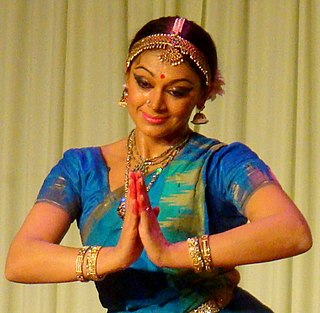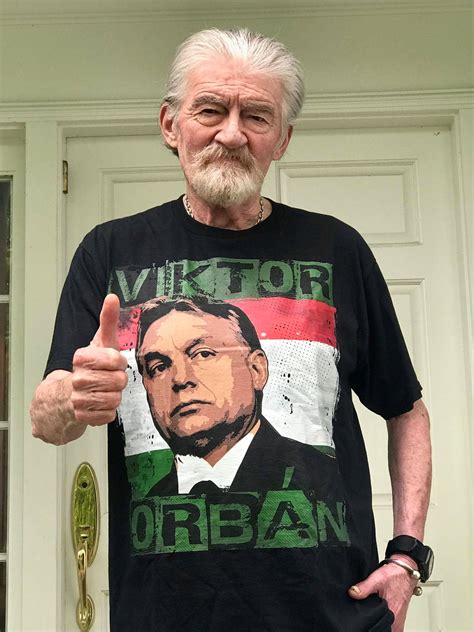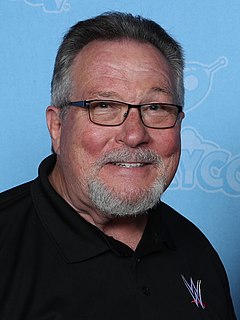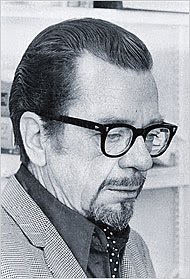A Quote by Shobana
I realized that I didn't know much about Krishna. I wondered how he became an icon. So I met archaeologists and read up more on him.
Related Quotes
I wondered what my father had looked like that day, how he had felt, marrying the lively and beautiful girl who was my mother. I wondered what his life was like now. Did he ever think of us? I wanted to hate him, but I couldn't; I didn't know him well enough. Instead, I wondered about him occasionally, with a confused kind of longing. There was a place inside me carved out for him; I didn't want it to be there, but it was. Once, at the hardware store, Brooks had shown me how to use a drill. I'd made a tiny hole that went deep. The place for my father was like that.
She saw him the first day on board, and then her heart sank into her shoes as she realized at last how much she wanted him. No matter what his past was, no matter what he had done. Which was not to say that she would ever let him know, but only that he moved her chemically more than anyone she had ever met, that all other men seemed pale beside him.
All archaeologists in Israel and Palestine make use of the New Testament Gospels. They do this because the Gospels exhibit verisimilitude. In short, the Gospels help archaeologists know where to dig and they help archaeologists understand what they unearth. The 2nd-century Gospels and Gospel-like writings rarely exhibit verisimilitude, so archaeologists rarely appeal to them.
I heard about Bhagavad Gita very early in my childhood, from the age of five onwards. It was one of the earliest things I started to read when I started to read. And it was very much a part of my consciousness. In the beginning, I saw the "Bhagavad Gita" as a text that was very classical, much like the "Iliad" and the "Odyssey" - a mythical saga that showed the eternal conflict between good and evil. But much later, as I grew up, I realized that it was much more than that.
I did several shows with Jimi Hendrix, that's when I got to know him better, I knew of him, I met him [when he was playing] with Little Richard... And he was kind of quiet, shy, he didn't open up too much, but there were questions as we all ask each other. You know, "how do you do this" and "why do you do that..." We had very small discussions on things like that. And he was very polite, I thought [he was] a very nice guy.






























